
Exciting new series on “Voice, Body and Movement for Lawyers – How to connect with the jury and find Justice Through Dramatic Technique!”
Click here to find out more
Electronic surveillance is one of the most important foreign intelligence collection tools available to the U.S. government. Correspondingly, the ability to surveil constitutes one of those activities most susceptible to abuse by a government against its citizens. In the U.S., the government’s use of electronic surveillance is highly regulated and can be conducted for only two purposes: law enforcement, which is undertaken by both federal and state governments; and foreign intelligence collection, which is an exclusively federal government function conducted pursuant to a single authority - the Foreign Intelligence Surveillance Act or “FISA.”
FISA governs not only electronic surveillance but the use of physical searches, pen registers, trap and trace devices, and business records collection to acquire foreign intelligence in the United States. It permits surveillance and other intrusive activities in the United States both with, and in limited circumstances, without a warrant. It covers virtually every major intelligence collection effort used by the United States, and constitutes the most important intelligence authority available in the war against terror.
This course covers the history of electronic surveillance conducted in the United States for national security purposes, and will tell you everything you didn’t know about FISA which is ever more frequently in the news. It may, or may not, change your mind set about FISA but it will almost certainly leave you better informed about the framework under which electronic surveillance is conducted for national security purposes.
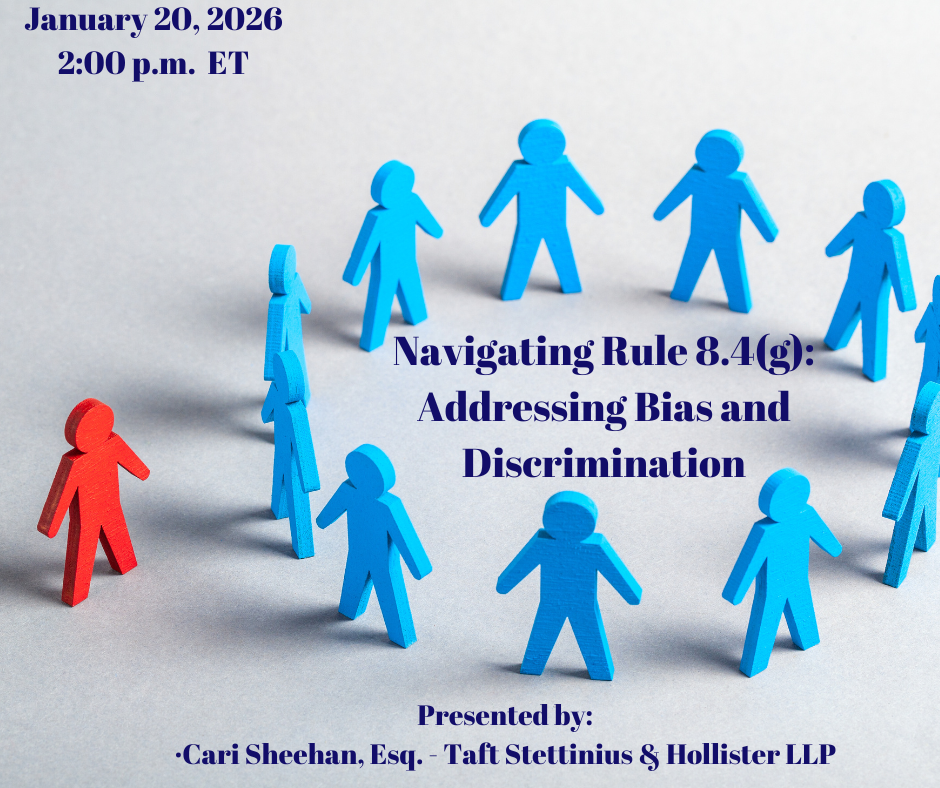
Bias and discrimination continue to shape workplace dynamics, legal practice, and professional respo...
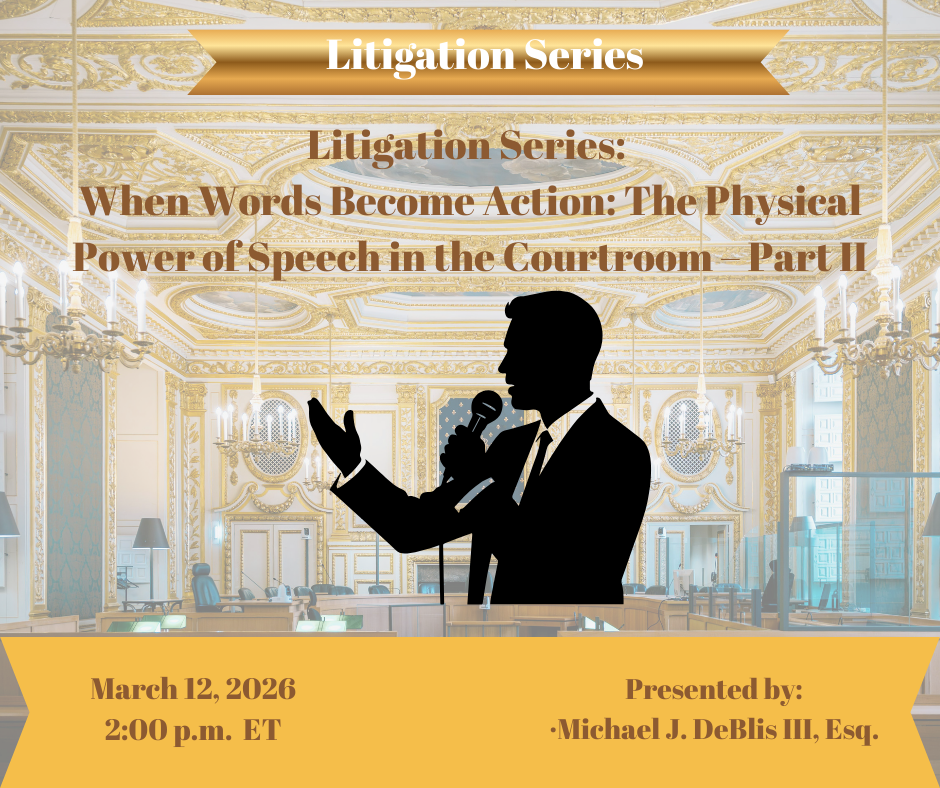
Part II builds on the foundation established in Part I by examining how classical rhetorical styles ...
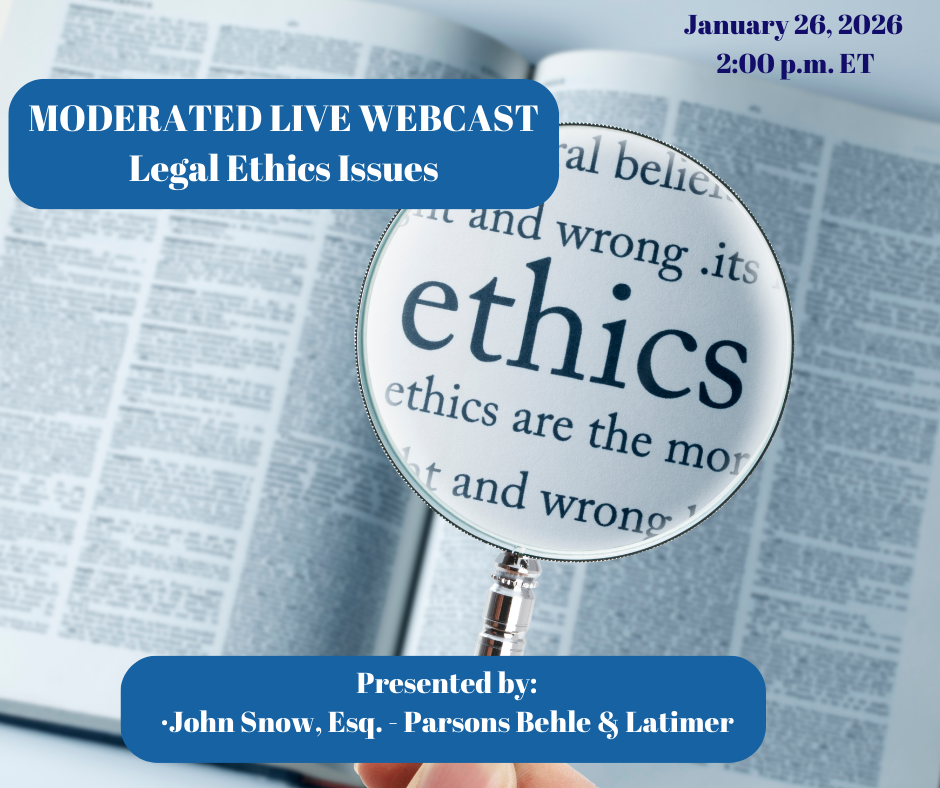
Protect clients and yourself by knowing some of the more common ethical issues that can affect your ...
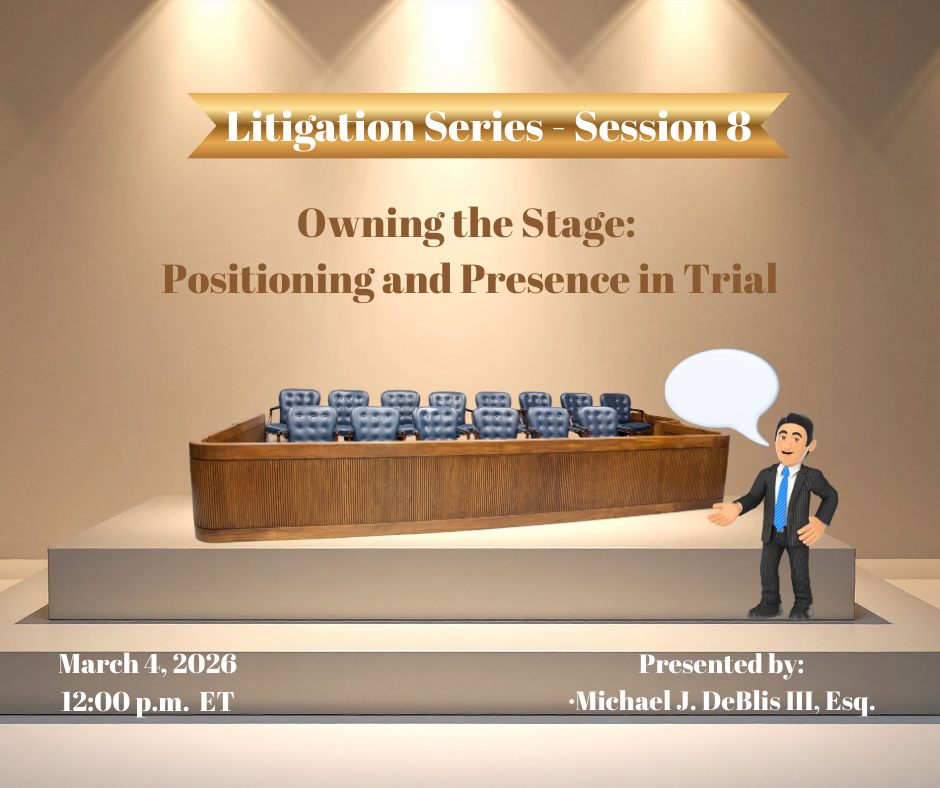
This presentation explores courtroom staging—how movement, spatial awareness, posture, and pre...

MODERATED-Session 10 of 10 - Mr. Kornblum, a highly experienced trial and litigation lawyer for over...
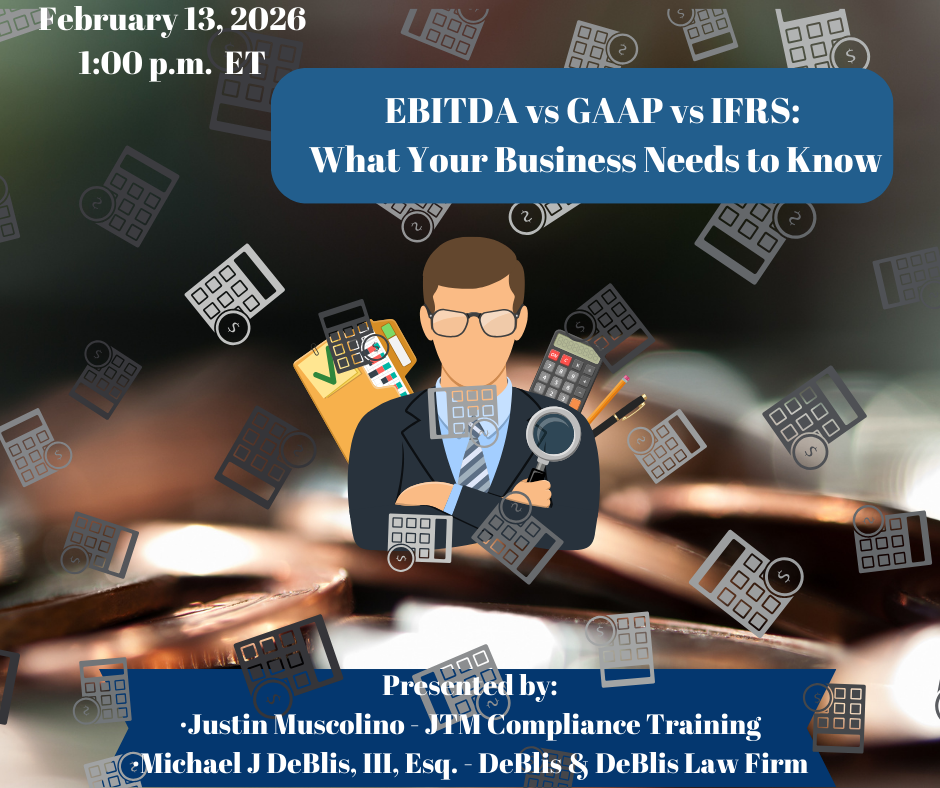
Tailored for attorneys, this training demystifies EBITDA and contrasts it with GAAP- and IFRS-based ...
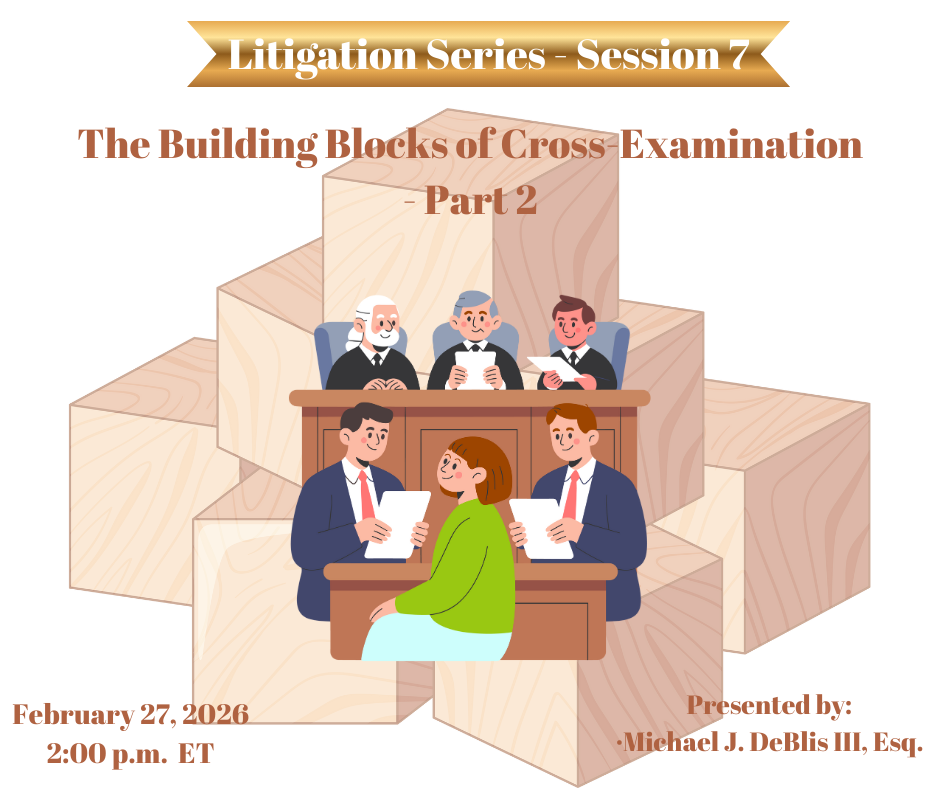
Part 2 dives deeper into advanced cross?examination techniques, teaching attorneys how to maintain c...

Part 1 of 2 - Lawyers at all levels of experience and even sophisticated law firms and general couns...
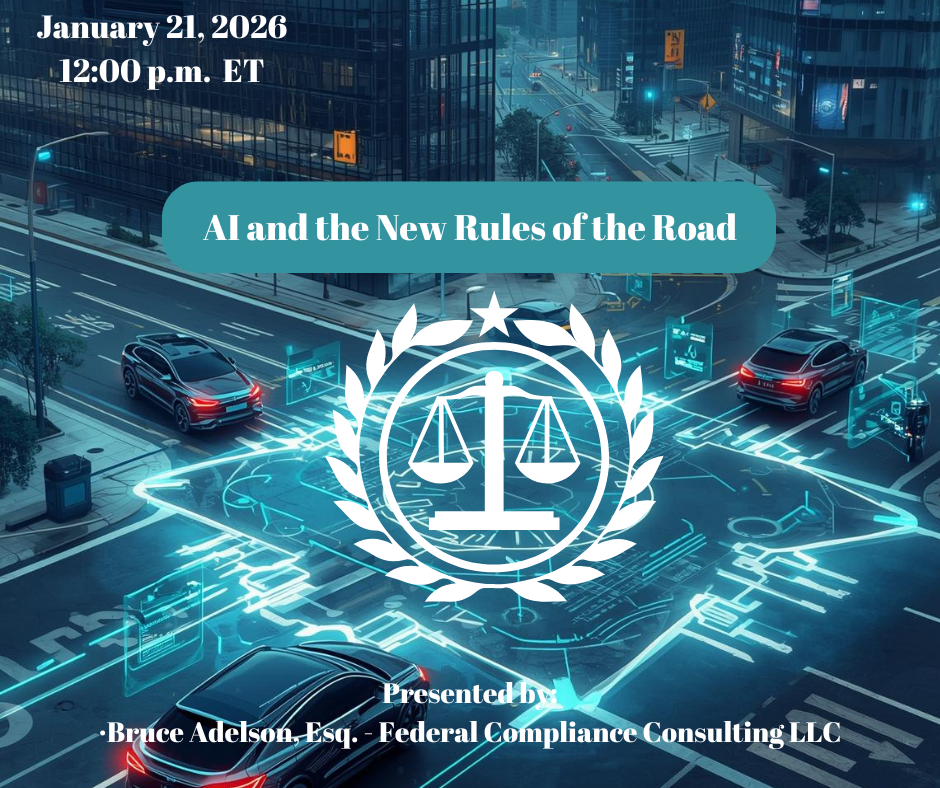
AI tops the news seemingly every day. The technology is growing in use and application as lawyers, c...
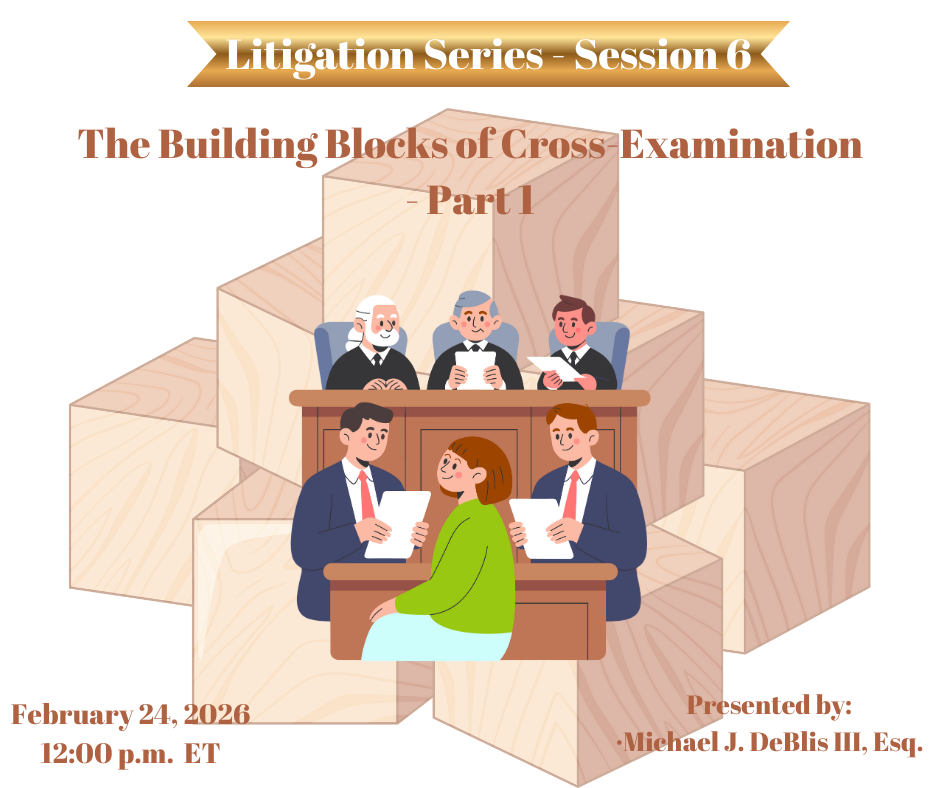
Part I introduces the foundational principles of cross?examination, explaining how lawyers must meth...